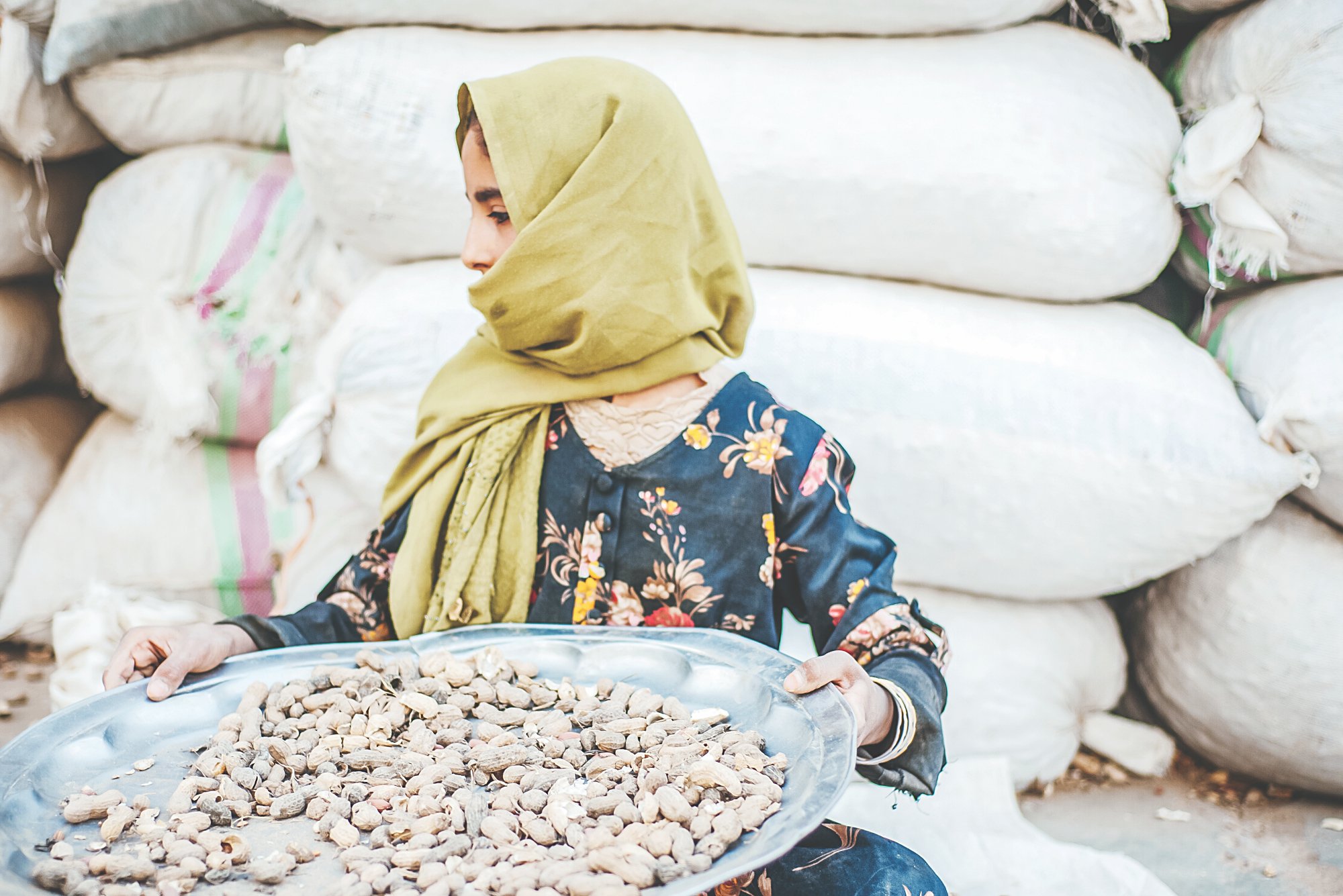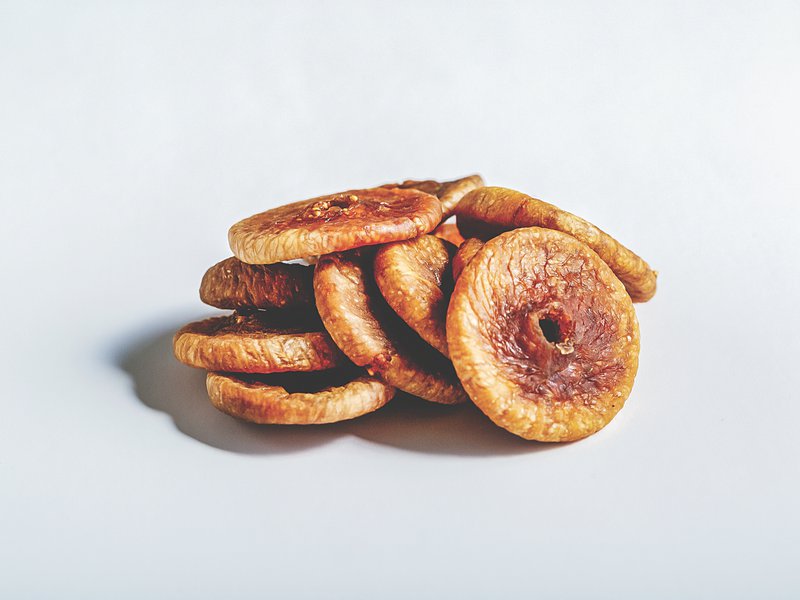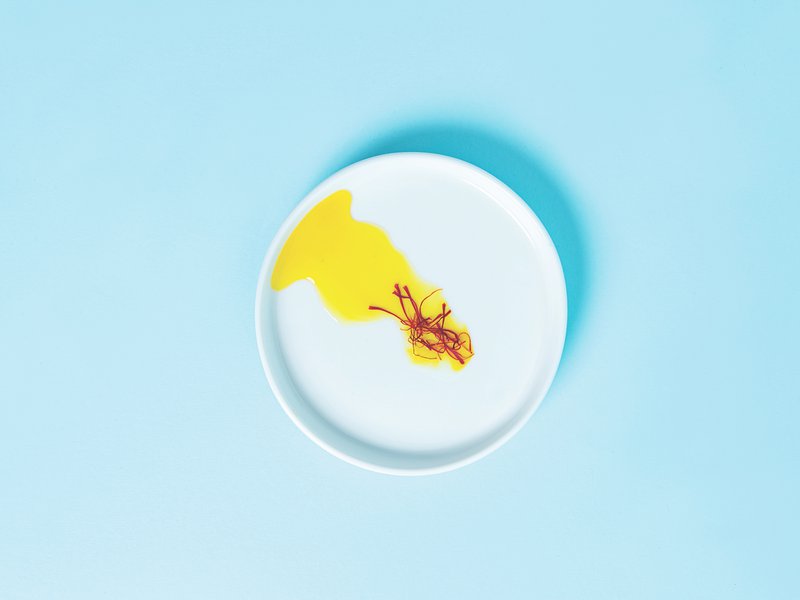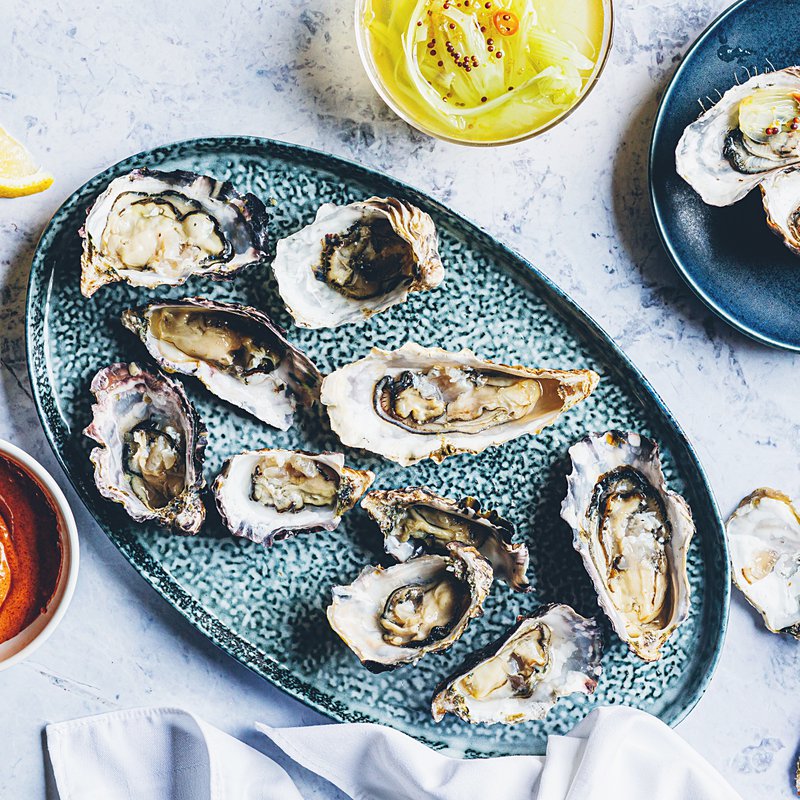For many outsiders, it may take a certain mental adjustment to picture Afghanistan in terms of fertility, the landscape flowering with vivid-coloured saffron fields and almond blossoms. This is part of the change that the Mira brand is now trying to effect by investing in provincial agriculture: a reseeding and rethinking of a country that has suffered almost 20 years of war while still growing world-class produce.
“Just for example, saffron from Herat province is some of the finest you’ll find anywhere,” says CEO Sadaf Safi. “It’s been winning awards the last few years.” Consider also the green raisins, white mulberries and twisted dried apricots newly sold through Spinneys under the Mira Farms banner – all handpicked using natural, traditional methods with “absolutely no preservatives”, and purchased directly from growers on fair trade principles.
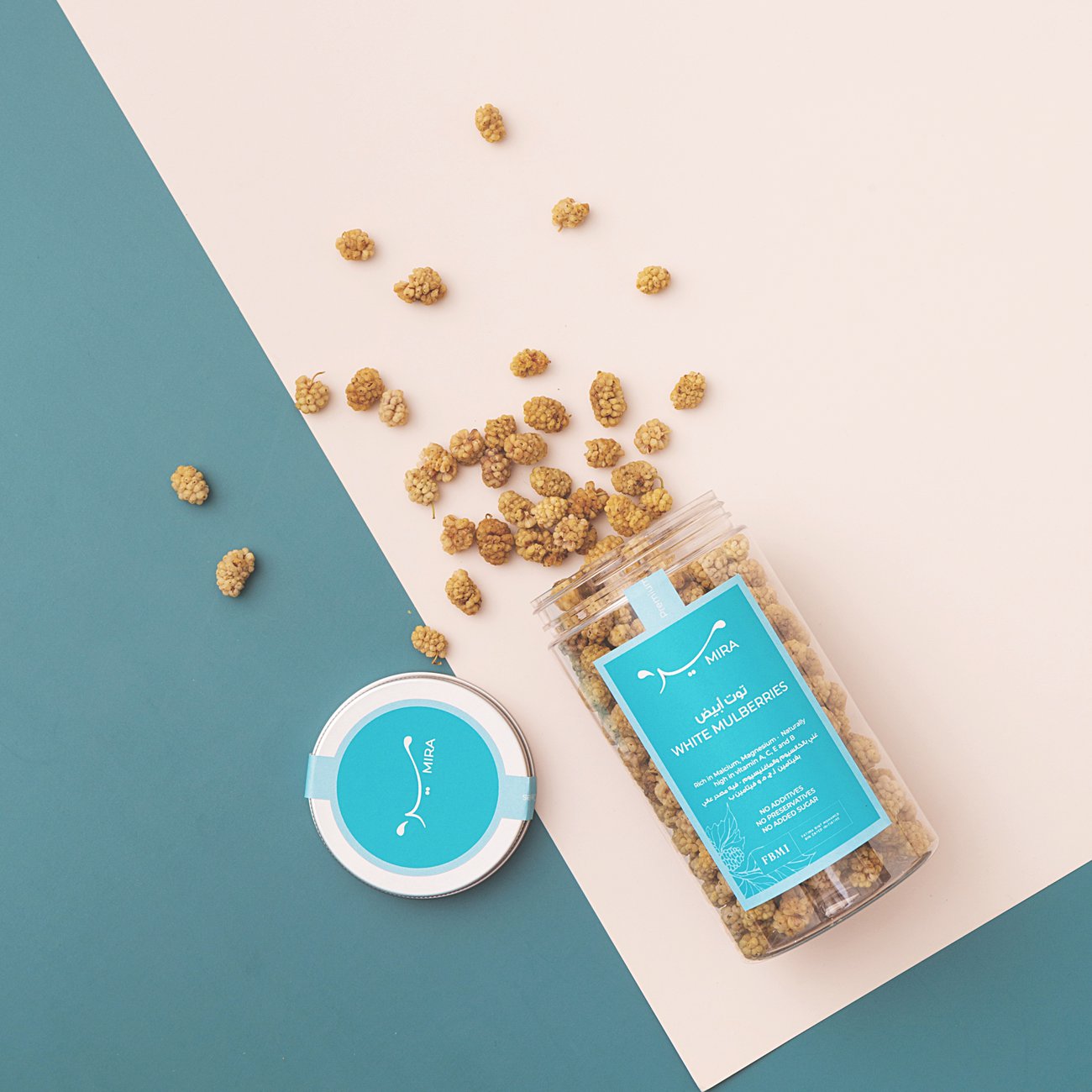
Products are handpicked using traditional methods
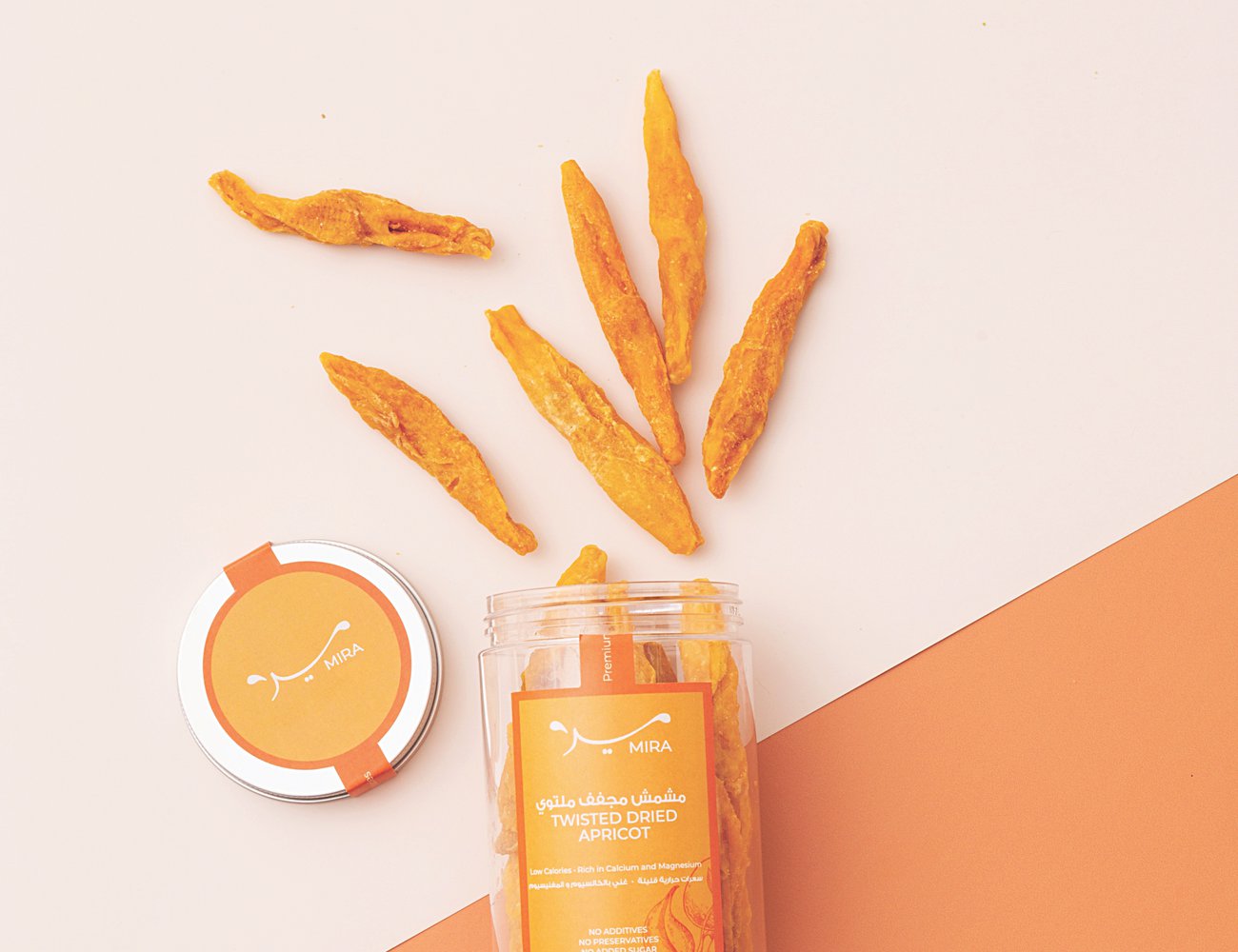
Twisted dried apricots
“We want to change the whole agricultural dynamic in Afghanistan,” says Safi. “We’re a landlocked country with limited facilities, and the government can’t provide them because of war and other factors. But if we’re going to end the exploitation that comes with the business, where other countries have all the purchasing power, we need to start by making sure that the producers are fairly paid.”
Key to that change is “employing and empowering women”. It’s common knowledge across international aid agencies that this is generally the best way to ensure positive results, and this ethos has been fundamental to Mira’s parent organisation, the Fatima Bint Mohamed Bin Zayed Initiative (FBMI). Her Highness began this social enterprise in 2010 with an eye toward ‘female-led’ sustainability in Afghanistan, whereby women would be contracted for specialised labour and supported by way of health and education programmes (medical checks and clinics, vocational training, schooling for dependent children). “Instead of giving charity, the idea was to build something that would invest in women and involve them in the process,” says Safi. “They don’t want a handout, they want their integrity back. They want to work and to see the results. A lot of aid has gone into Afghanistan in the last 20 years, and very little sustainability has come out of it. And of course, when you help one woman, you’re also helping their family and their whole community gets the benefit.”
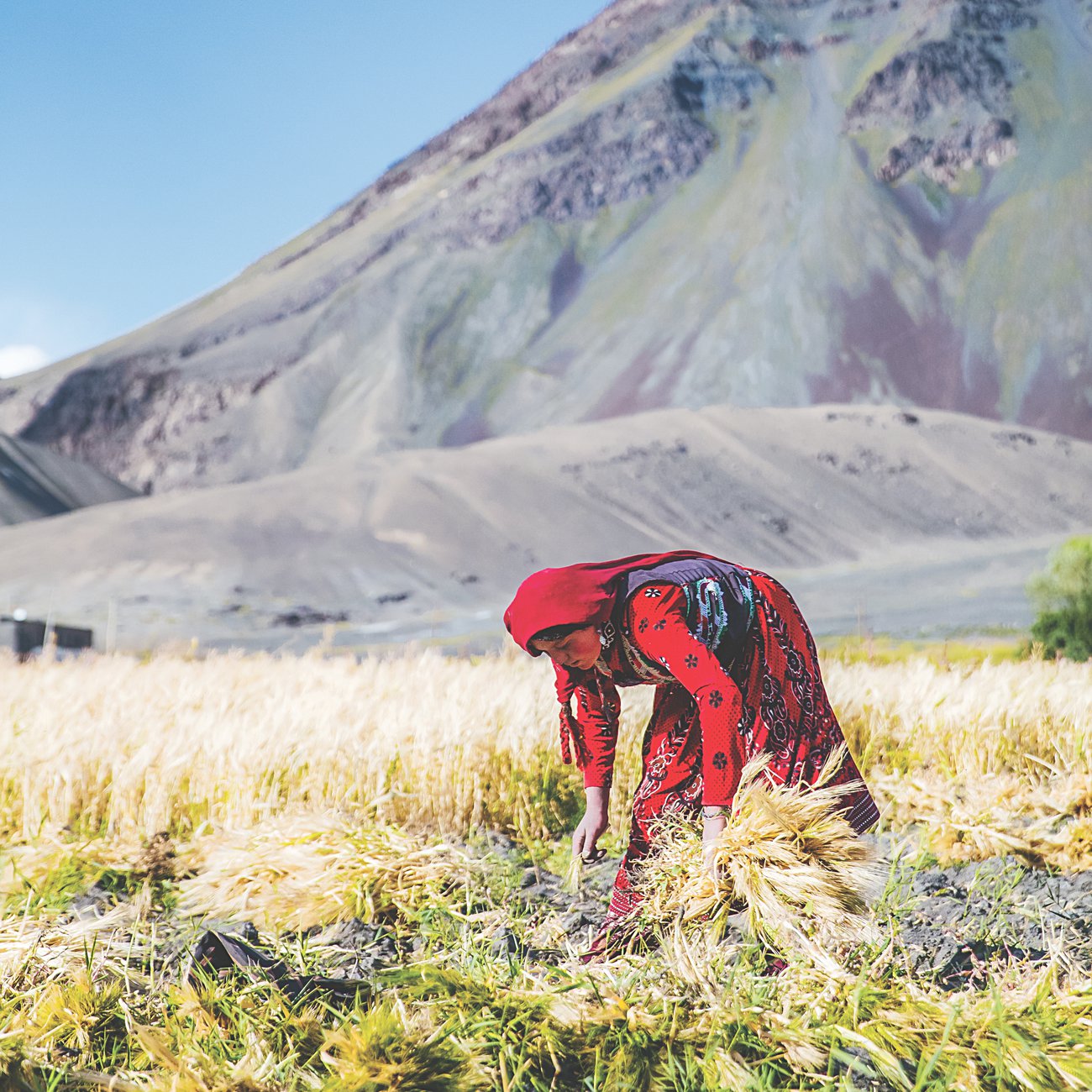
The growers are paid directly on fair trade principles
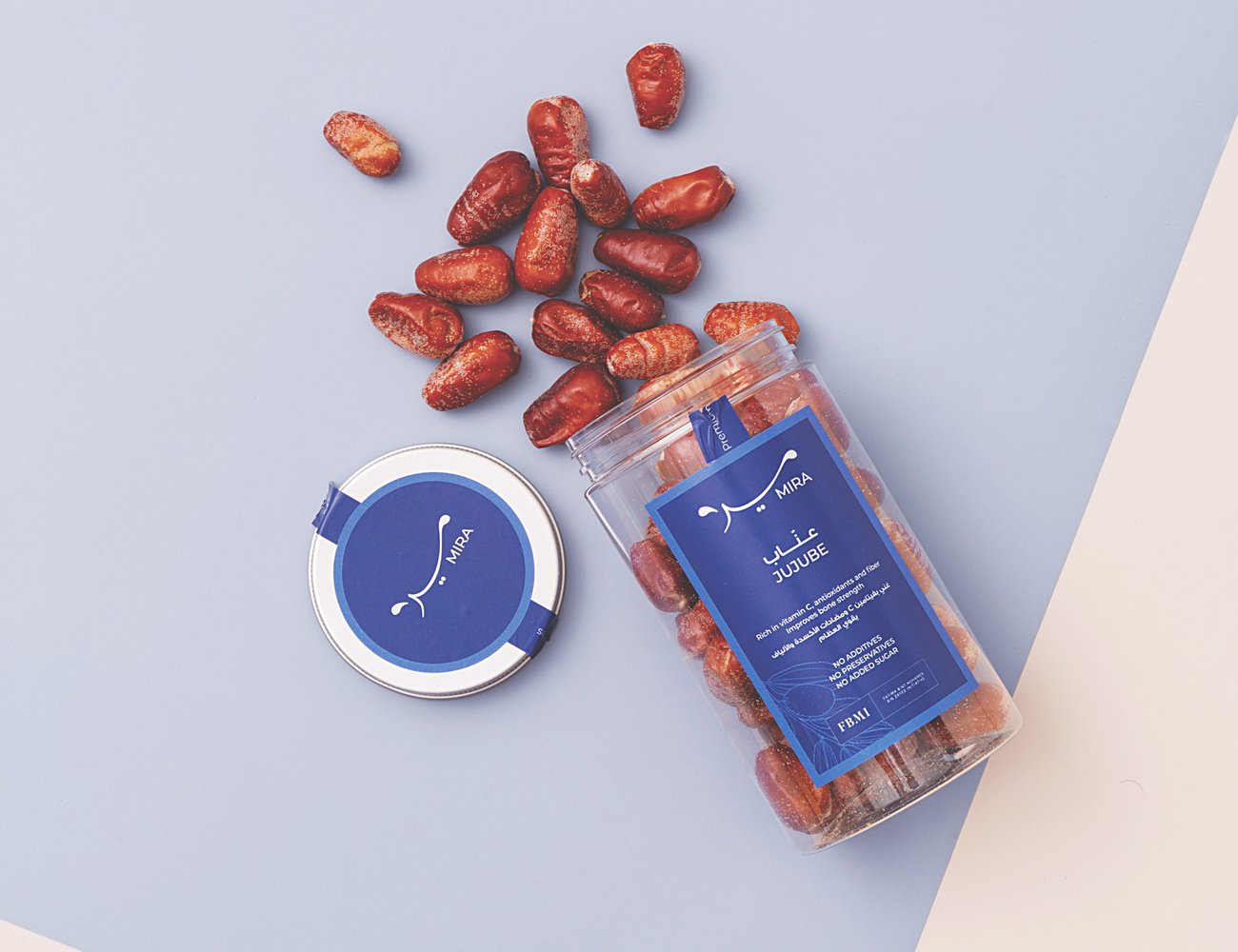
Products are handpicked using traditional methods
FBMI began with one of the oldest Afghan craft businesses – traditional, handwoven carpets, providing women with wool and looms to use in their homes, then hiring more to ready the results for export at a new processing centre in Kabul. The success of that project can be measured not just in sales but in a workforce of 8,000 Afghans and counting, some 75 percent of them women (and about a third of those widows).
Logistically speaking, it also helped establish contacts, sources and supply lines across remote rural corners of the country and areas within and around active warzones. This allowed for branching out into agriculture, with a focus on small-scale farming in large part because there is simply no infrastructure for anything larger or more industrialised.
“When aid groups tried to build factories in Afghanistan, local people didn’t see the end result,” says Safi. “Where were the products being sold? That kind of manufacturing didn’t make any difference, or create any change for those communities.” Mira’s approach so far allows for traditional, sustainable farming coupled with a modern eye for marketing.
Emirati artist Aljoud Lootah was drafted in to design the eye-catching branding, with a minimalist logo and stylish colour schemes that would “reach out to younger people” in the UAE and other markets, feeding into the current trend for healthy snacking.
The line includes familiar items like raisins and figs, but also relative curiosities like jujube, a peeled, dry-tasting fruit most often eaten domestically in the Nowruz (Persian New Year) celebrations. There’s now a sense that those lightweight containers cross certain cultural and generational divides, extending the Afghan household custom of offering dried fruits and nuts by way of hospitality into the contemporary urban environment of the UAE.
We want to change the whole agricultural dynamic in Afghanistan
“We wanted to make these products as appealing and joyful as possible,” says Safi, “because it’s all-natural, healthy food.” And is that joy returned to the point of origin? Are the farmers, or the women at the processing centre, equally excited about the brand and its wares? “Definitely,” says Safi. “And especially the fair trade aspect. We think that’s going to change everything.”
